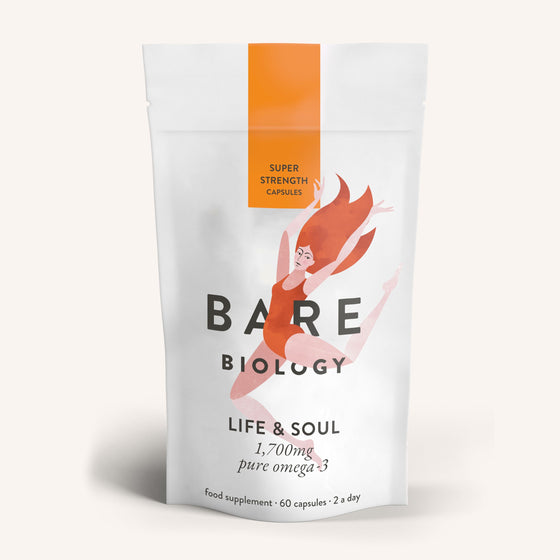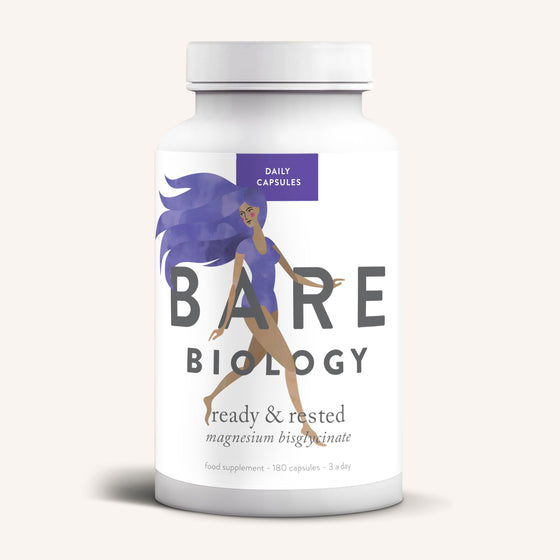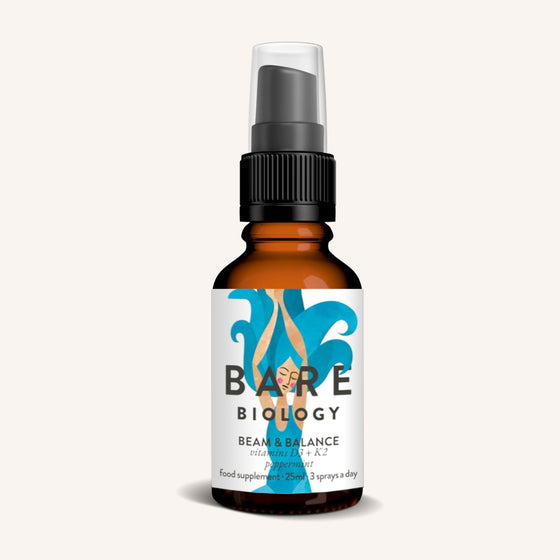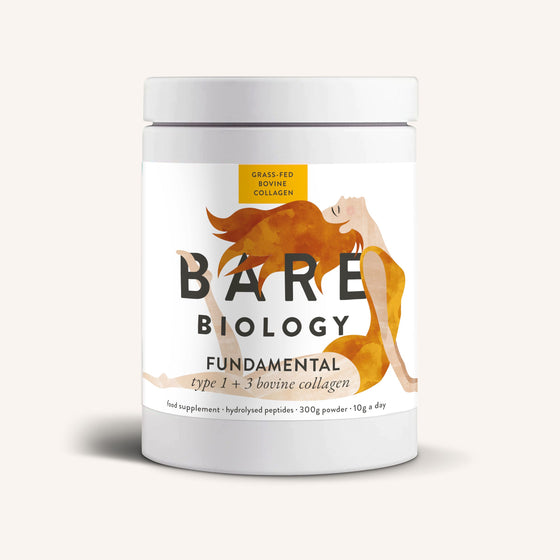Following four years of study with clinical practice at the University of Greenwich and the UK College of Nutritional Health (BCNH), Mary van der Westhuizen qualified as a Nutritional Therapist. She now runs a private practice in London, helping clients with a range of health concerns. In this article, Mary shares her top nutrition tips to help keep your kids hearts healthy - including a list of foods to look out for. Over to Mary...
Cardiovascular disease (including strokes and heart disease) (“CVD”) is a major cause of death in the western world and accounts for more than a quarter of all deaths in the U.K.
Many people think of CVD as a disease that only affects adults. However, an increasing number of studies suggest that atherosclerosis (hardening of the arteries due to the build-up of plaque which can contribute to CVD) is a condition that can start in childhood. Looking after our children’s hearts when they are young is important for their quality of life now but it also appears to make a difference to their risk profile for developing CVD later in life.
Cardiovascular disease is largely caused by modifiable risk factors which we can address including diet, smoking, lifestyle (especially the presence of stress) and exercise.
So, what can we do to help protect the health of our children’s hearts? There are some non-modifiable risk factors for heart disease including hereditary predisposition and age. Sure, we can’t do much about these. However, CVD is largely caused by modifiable risk factors which we can address including diet, smoking, lifestyle (especially the presence of stress) and exercise. These are all important factors which need to be considered. As a nutritionist, in this article, I’m going to concentrate on the impact of nutrition on children’s hearts.

Foods to avoid
There are several areas of the diet that need to be kept to a minimum to ensure optimum heart health. These include...
Saturated fats
Especially from animal proteins.
Processed foods and sugar
Over-consumption of these food groups contributes to excess weight. Obesity is likely to result in raised blood lipids, high blood pressure and raised inflammatory markers – all increase the risk of developing CVD.
Excess salt levels
This proves problematic for healthy blood pressure levels which will have a negative effect on the heart.
Foods to include
Studies show that several nutrients can have a beneficial effect on the cardiovascular system. Which are the main nutrients and what can we feed our children to meet these needs?
Antioxidants
Vitamin C
Strengthens the walls of the arteries.
Vitamin E
May reduce the risk of heart attack and slow progression of atherosclerosis.
CoEnzyme Q10
Free radical scavenger and regenerator of vitamin E, vital for combating arterial damage caused by oxidative damage of stress.
Food sources
Vitamin C and flavanoids
Brightly coloured fruit and vegetables
Nuts and seeds
For beta-carotene
Butternut squash
Sweet potato
Bell peppers
Tomatoes
Vitamin C
Bell peppers
Broccoli
Guava
Papaya
Kiwi
Oranges
Strawberries
Vitamin E
Spinach
Swiss chard
Avocado
Almonds
Sunflower seeds
Coenzyme Q10
Spinach
Peanuts

Magnesium, Calcium and potassium
These are all important for optimum blood pressure which, if too high, can weaken the walls of the arteries and may exacerbate atherosclerosis. Look at for these foods for optimum balance of electrolytes, which are important for normal heart contraction and relaxation.
Food sources
Magnesium and calcium
Broccoli
Cauliflower
Kale
Cabbage
Spinach
Calcium
Nuts and seeds (such as sesame seeds and almonds)
Oranges
Dairy products
Magnesium
Brazil nuts
Quinoa
Potassium
Bananas
Apricots
Avocados
Sweet potatoes
Fibre
Fibre is so important for optimum heart function. It helps assist with the elimination of excess cholesterol from the body which can improve blood cholesterol levels.
Food sources
Oats
Seeds
Whole grains
Pulses
Vegetables
Fruits (Don't forget to eat the peel – this is where you’ll find the fibre).
Essential fatty acids
Omega-3 Essential Fatty Acids (“Omega-3s”) reduce the production of pro-inflammatory chemicals within the body, an increase of which is associated with an increased risk of heart disease.
Food sources
Oily fish like trout, salmon, sardines and anchovies provide the most bioavailable sources of EPA and DHA which are the two types of Omega 3 that have the most powerful anti-inflammatory effect on the body.
Try to get buy wild Alaskan salmon if you can. This variety of salmon not only provides optimum amounts of Omega 3 but is also the type that is least susceptible to pollutants.
Plant-based sources
Pumpkin seeds
Flax seeds
Walnuts
Supplements
If you can’t get your children to eat fish then consider supplementing with a pure omega-3 fish oil like Bare Biology’s Action Heroes (previously Super Hero) Omega 3 fish oil for kids - a delicious lemon tasting high strength oil. My 4 children wolf it down! Read my top tips to help kids take fish oil here.






